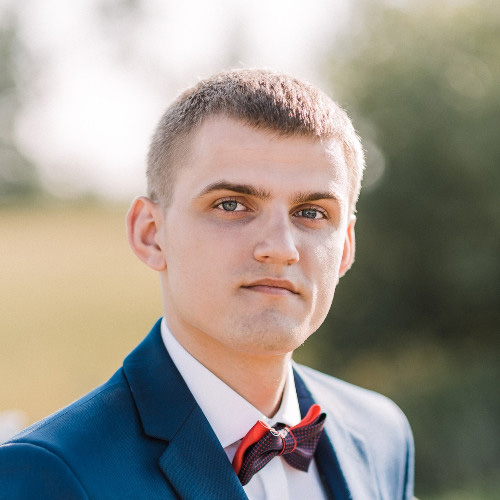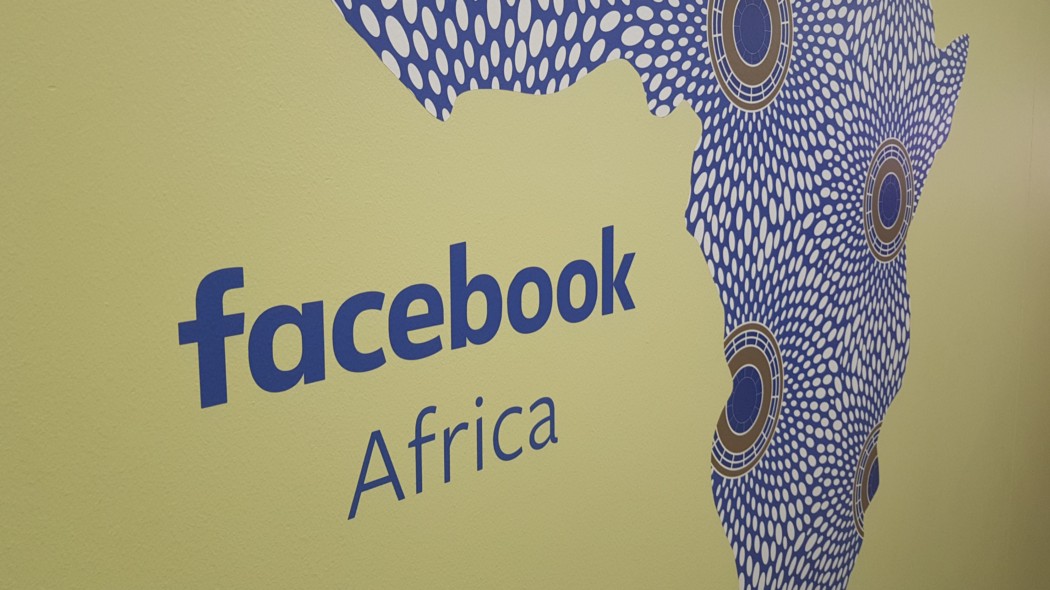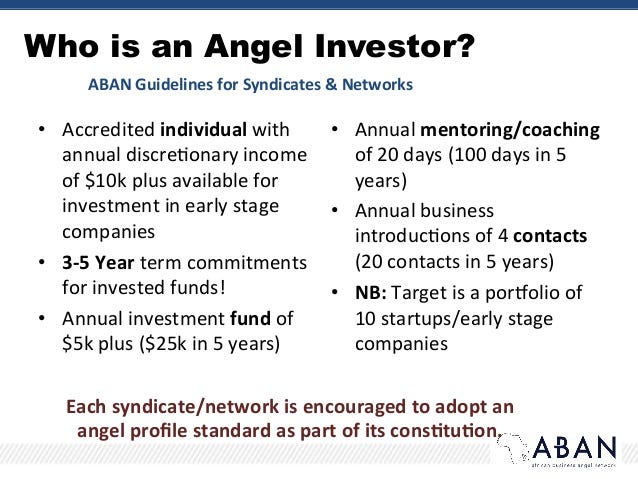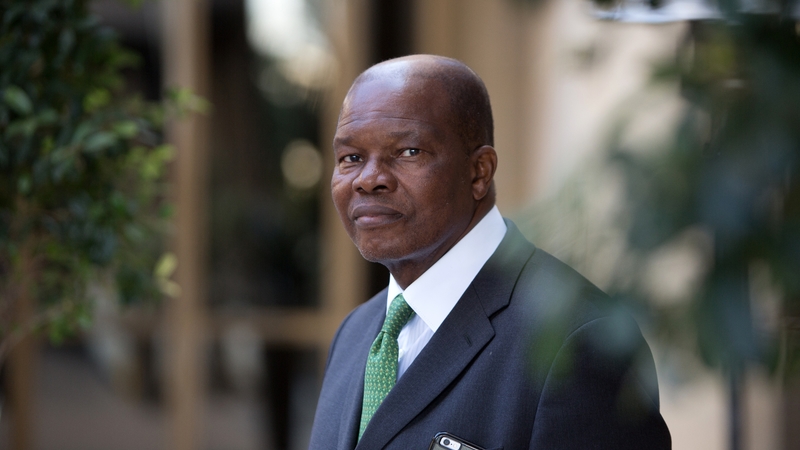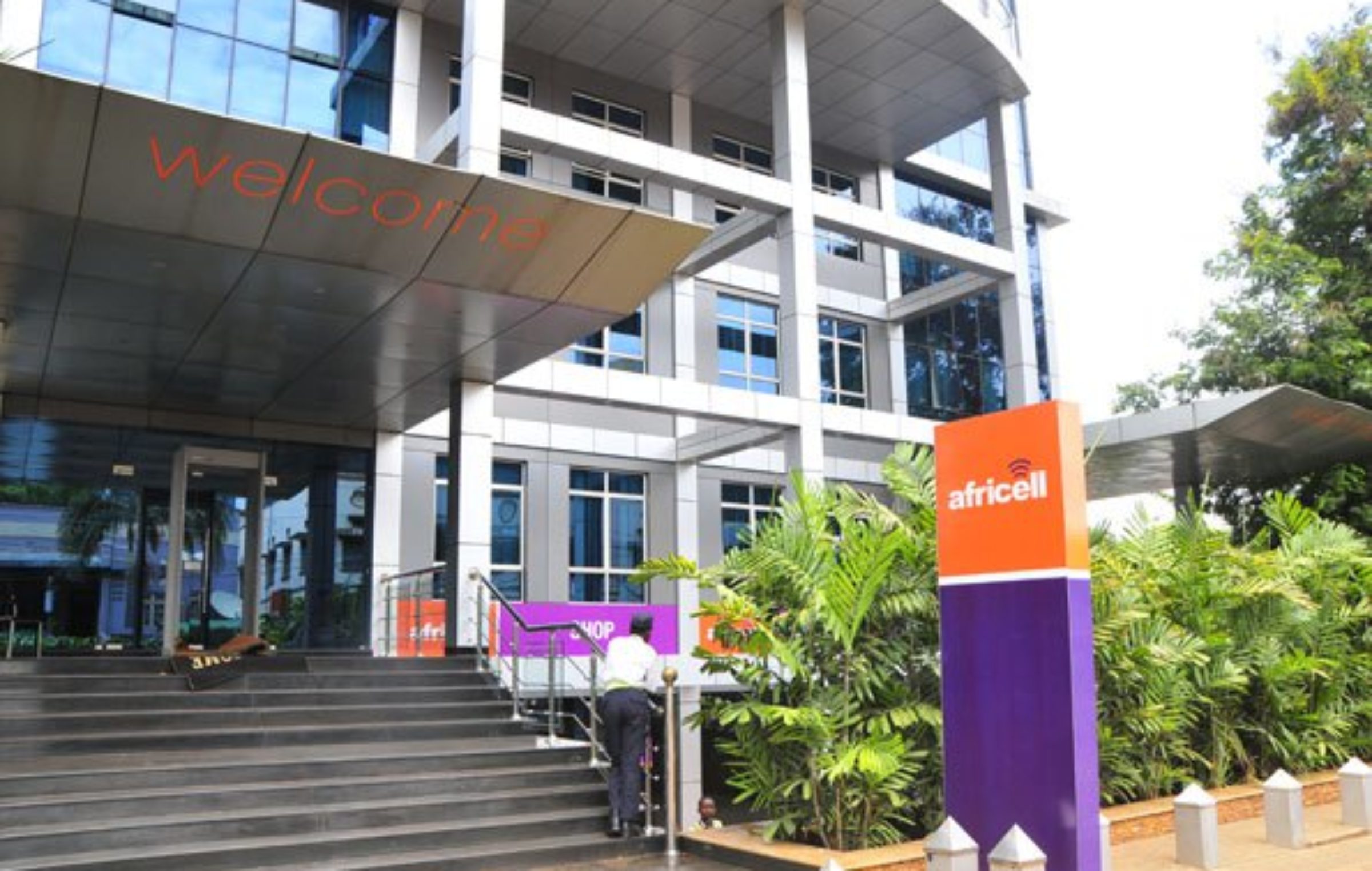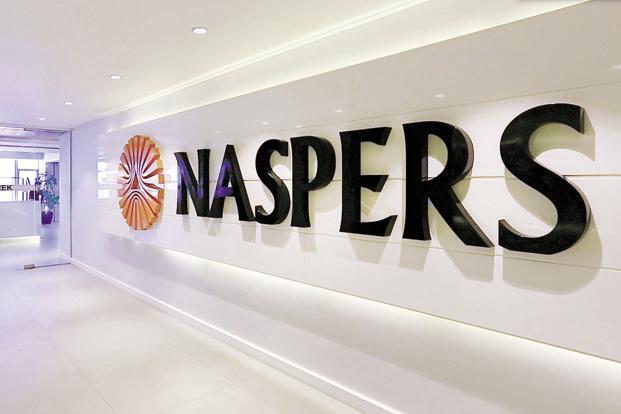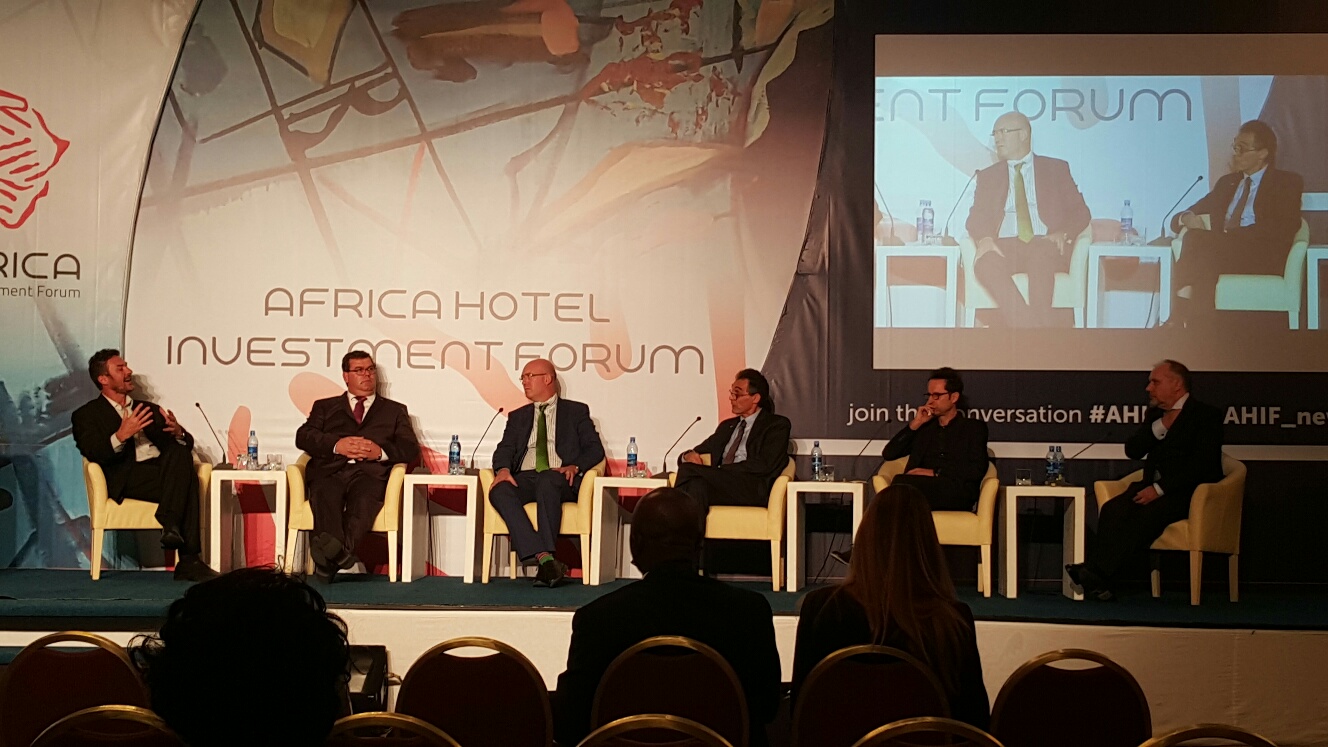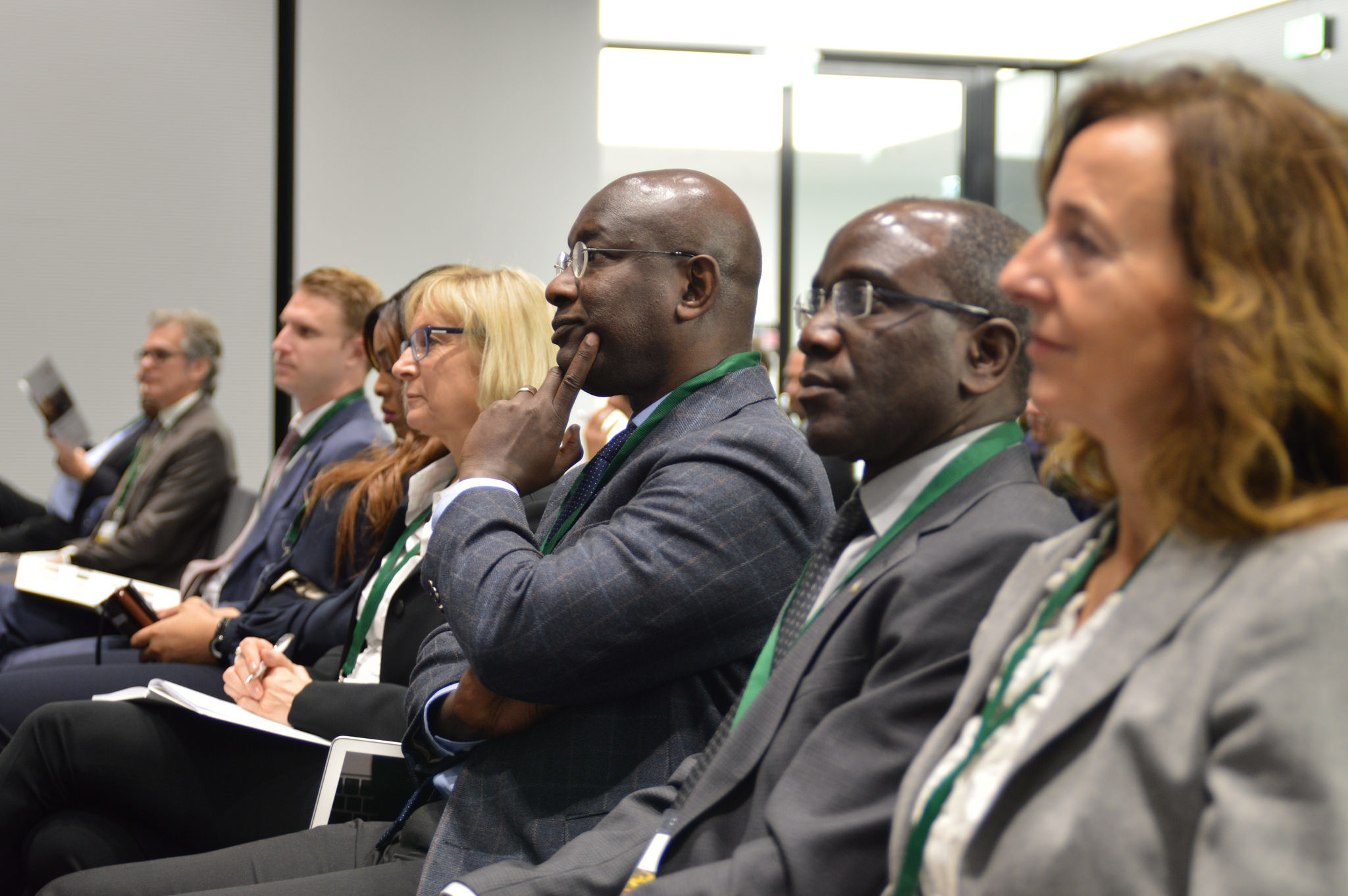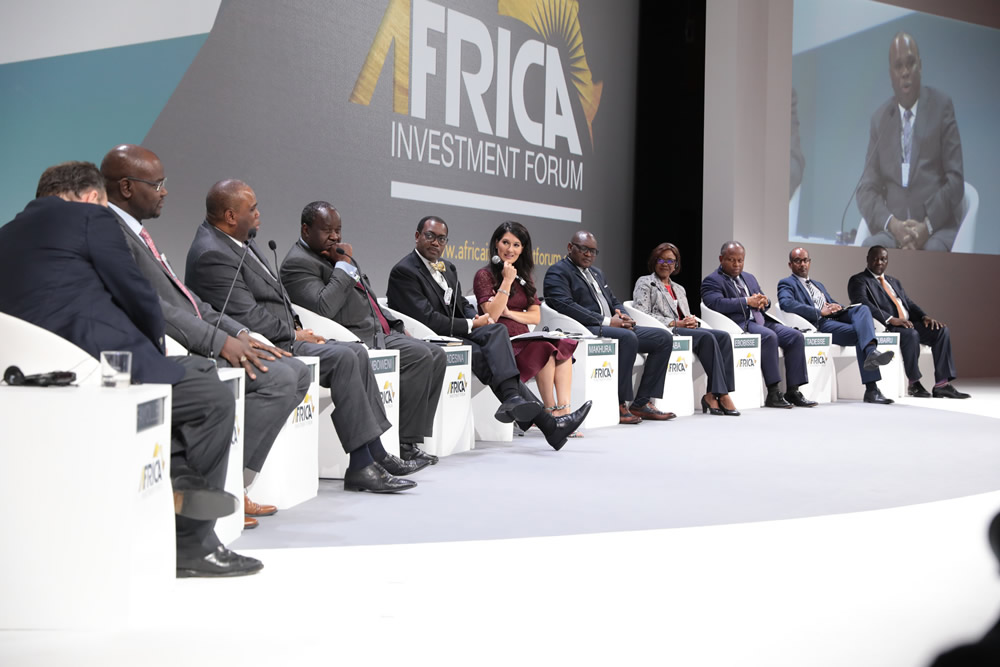CcHub’s Growth Capital Fund Is Raising $60m to Invest In Startups Across Africa
Nigeria’s Co-Creation Hub (CcHub) which recently acquired Kenya’s largest technology hub, iHub in a landmark deal has announced it is raising US$60 million for its Growth Capital investment arm to boost startups across Africa.
Here Is All You Need To Know
- According to the Chief executive officer (CEO)of CcHub Bosun Tijani, the fund was currently in the process of raising US$60 million, which he hoped would be completed within the next 12 months.
- CcHub’s Growth Capital is a social innovation fund that supports high potential, early-stage businesses building next generation infrastructure. Its pilot fund has made six investments, in Nigerian startups Taeillo, LifeBank, Riby, Edves, Delivery Science and DrugStoc.
- This new, bigger Growth Capital fund will make investments in startups across the continent.
- The hub has previously invested in about 25 startups directly through its angel fund and in-house incubation programme.
- Startups in Rwanda and Kenya will be among the beneficiaries of the enlarged Growth Capital fund, as will those from other African countries. The fund also sees iHub indirectly fulfil a pledge made in December 2016, when it said it planned to raise a pan-African investment vehicle of its own.

About CcHub
- CcHub has been expanding of late, launching a Rwandan hub in February and just last week announcing the acquisition of the Nairobi iHub. The deal brought two of Africa’s flagship tech hubs together to form a pan-African entity focused on accelerating the growth of tech innovation and entrepreneurship.
- The iHub, launched in 2010 and home to internationally-recognised companies such as BRCK and Ushahidi, will retain its name and senior management structure, with Tijani becoming CEO across both locations.
Charles Rapulu Udoh

Charles Rapulu Udoh is a Lagos-based Lawyer with special focus on Business Law, Intellectual Property Rights, Entertainment and Technology Law. He is also an award-winning writer. Working for notable organizations so far has exposed him to some of industry best practices in business, finance strategies, law, dispute resolution, and data analytics both in Nigeria and across the world


